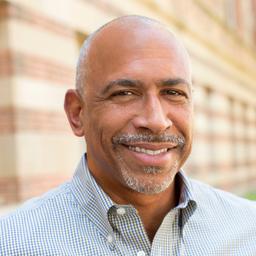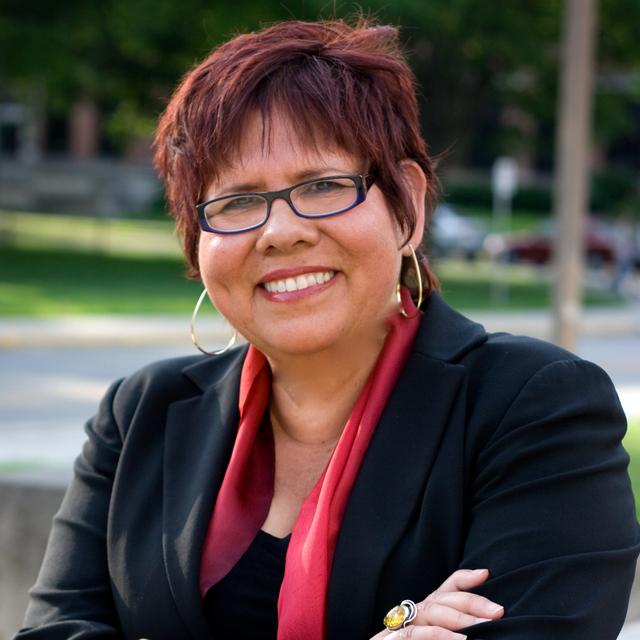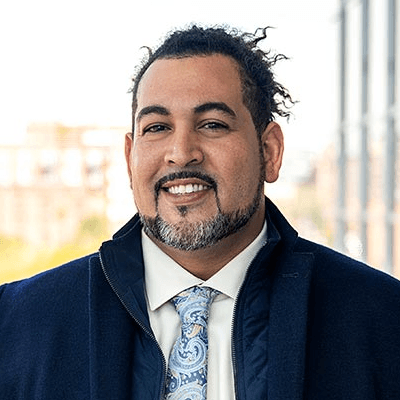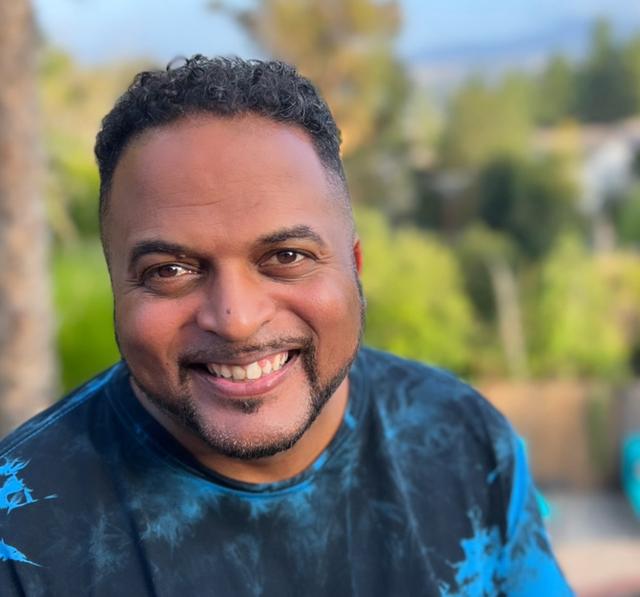Pedro Noguera, PhD, is one of the country's most important voices on education reform, diversity, and the achievement gap. An award-winning educator, author and activist, he is the Emery Stoops and Joyce King Stoops Dean of the University of Southern California Rossier School of Education. His research focuses on the ways in which schools are influenced by social and economic conditions, as well as by demographic trends in local, regional and global contexts.
A prolific writer, Noguera is the is the author, co-author and editor of 13 books. His most recent books are The Crisis of Connection: Roots, Consequences and Solutions with Niobe Way, Carol Gilligan and Alisha Ali (New York University Press, 2018) and Race, Equity and Education: Sixty Years From Brown with Jill Pierce and Roey Ahram (Springer, 2015).
He has published over 250 research articles in academic journals, book chapters in edited volumes, research reports and editorials in major newspapers. He serves on the boards of numerous national and local organizations, including the Economic Policy Institute, the National Equity Project and The Nation. Noguera appears as a regular commentator on educational issues on several national media outlets, and his editorials on educational issues have appeared in The New York Times, The Washington Post, The Wall Street Journal, The Dallas Morning News, and Los Angeles Times.
Prior to being appointed Dean of the USC Rossier School of Education, Noguera served as a Distinguished Professor of Education at the Graduate School of Education and Information Studies at the University of California, Los Angeles. Before joining the faculty at UCLA, he served as a tenured professor and holder of endowed chairs at New York University (2004–2015), Harvard University (2000–2003) and the University of California, Berkeley (1990–2000).
Noguera was recently appointed to serve as a special advisor to the governor of New Mexico on education policy. He also advises the state departments of education in Washington, Oregon and Nevada. From 2009–2012, he served as a trustee for the State University of New York as an appointee of the governor.
In 2014, he was elected to the National Academy of Education and Phi Delta Kappa honor society, and in 2020, Noguera was elected to the American Academy of Arts and Sciences. Noguera has received seven honorary doctorates from American universities, and he recently received awards from the Center for the Advanced Study in the Behavioral Sciences at Stanford University, from the National Association of Secondary School Principals and from the McSilver Institute for Poverty Policy and Research at NYU for his research and advocacy efforts aimed at fighting poverty.
Please note: All keynotes and workshops can be tailored to your particular event and audience. We will work with your team to develop a workshop that meets the needs of your event and school community.
Education for a Changing Society
Since the founding of the U.S. republic, differences related to race and ethnicity have been regarded as a challenge and in many cases, an obstacle to the formation of a cohesive, democratic society. To a large degree, the challenge posed by diversity is rooted in the fact that the forging of the new nation was never merely a matter of mixing and combining peoples from different lands, cultures, languages and “races”. Instead, from the beginning, the mixing and intermingling occurred within the context of profound inequities in power and status and in the context of slavery and colonization. The emergent social hierarchy that placed certain groups in superior positions or strata over others is a legacy we continue to live with today. This presentation will examine the ways in which diversity related to race, language, culture and language continue to influence patterns of inequality and social relations in American society. And it will look at strategies that could be pursued to counter and reduce racial inequality and improve relationships across social boundaries.
Education and Civil Rights in the 21st Century
Education is frequently described as the civil rights issue of the 21st century. This is particularly true for politicians when they are calling for policy changes and reform. However, the most important civil rights issue involving education in the 20th century, school segregation, remains largely unresolved, and despite the controversy it once generated, it is rarely mentioned as an important social issue that should be addressed. In this presentation we will analyze the current reform agenda being promoted by states, the federal government and various advocacy groups. We will also explore why issues pertaining to racial segregation and social inequality are no longer considered central to school change initiatives and the implication of allowing these issues to be ignored. Finally, we will consider the possibilities for change that exist in the current period given the constraints confronting public schools.
The Limits and Possibilities of Schooling in an Unequal Society
As social inequality increases the pressure on schools to do more to meet the needs of impoverished children grows. Pervasive school failure in poor communities serves as proof to some that schools can never succeed unless or until inequality is addressed. However, a small number of schools and communities are demonstrating that even under adverse conditions progress can be made in creating schools that meet the needs of students. Drawing upon research in poor communities in the US and several other nations, this presentation will examine the work of these schools and the role of agency in countering oppressive conditions including the political mandates that often obstruct progress. The presentation will also consider what role educational researchers should play in the effort to create just schools during unjust times.
Other Speech Topics Include:
- The Role of Leadership in Promoting Equity and Countering Racial Inequality in Education
- Creating School Cultures that Promote Academic Excellence
- The Role of Leadership in Building the Capacity of Schools to Meet Student Needs
- Schooling for Resilience: Educating and Supporting Young Men of Color
- Reducing Racial Disparities in School Discipline









